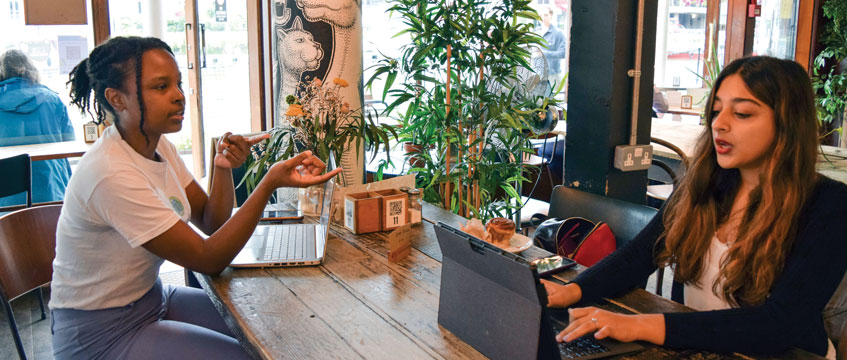COMMENT: The past year has had an inevitable, dramatic impact on our collective mental health – but it’s also brought a much-needed step change in the way we as employers, colleagues and individuals are talking and thinking about health and wellbeing.
Almost three-quarters of respondents to EG’s survey said that their employer’s approach to mental health is better now than it was a year ago. That’s a massive jump and suggests this could be a galvanizing moment for this agenda in our sector.
While it is fantastic to see companies and individuals taking this more seriously, along with a growing awareness of the issues, this is only the start of a longer journey. As restrictions lift, and we return to cities, offices, and socialising in person, it would be a mistake to imagine we can afford to take our foot off the pedal. If anything, now is the time to accelerate our efforts.
Regaining freedoms
The past 18 months have been immensely challenging, and it’s no great surprise to see that more than 60% of respondents to the survey felt the pandemic had had a negative impact on their mental health.
Regaining the small freedoms we all took for granted has been a huge relief. Human beings are innately social animals and there is no doubting the power of connecting in real life. But the period ahead is going to bring new and different challenges, not least because it means yet more change.
For some, the last year will have created real and lasting trauma or loss. For others, it will mean a range of new pressures, from rebuilding social confidence, to coping with new anxieties about crowded places, juggling new routines, or trying to balance a growing workload. And colleagues who have spent the past 18 months spinning plates in their work and personal lives, and enduring sustained periods of stress, may only now start to feel the real impact, putting them at risk of conditions like burnout.
The pandemic has reinforced the importance of connection and given mental and physical health a whole new significance when it comes to where we choose to spend our time, locate our businesses, design and build our places and make decisions.
For the real estate sector all this offers an opportunity for us to make a real difference. After all, creating places where people feel good and want to spend time, and building a company culture which supports your teams to thrive, can only be a good thing.
We don’t have all the answers, but this is an area where we have been working to make a difference.
Deepening connections
One example of this is our work with our front-line teams in the communities where we operate, providing training for centre management at our destinations, to recognise when someone might be vulnerable and understand the power of something as simple as saying hello.
We are also looking to deepen the work we are doing to create a culture where people care for each other, because people can only really thrive when they feel valued, supported and listened to. After all, it’s not enough to encourage people experiencing mental health pressures to speak up, unless the people around them are equipped to respond effectively when they do. The almost two-thirds of respondents who feel that there’s still a stigma about mental health in the workplace suggests we still have a way to go.
In the future, our work to deepen personal connection and a sense of belonging will make the difference to enable real resilience. This next phase is about deepening connection, supporting people to feel a sense of belonging, and taking forward the opportunities created by the pandemic.
We are only at the beginning of understanding the power of our minds, and the impact of this period on our collective mental health – and we need to challenge ourselves to do more.
Henrietta Frater is head of HSE and wellbeing at The Crown Estate











